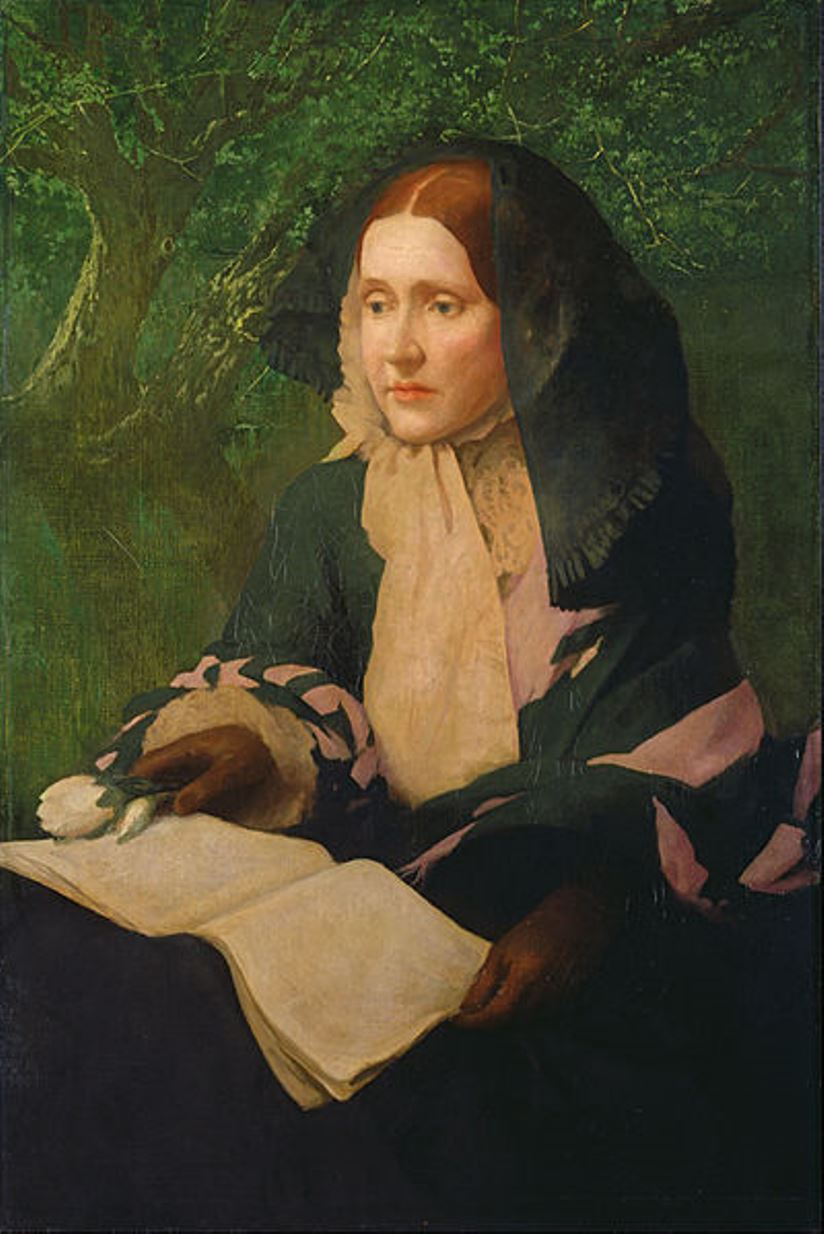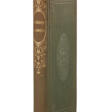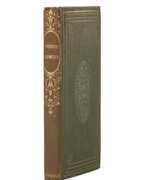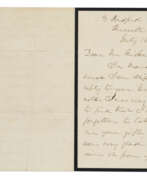Julia Ward Howe (1819 - 1910)

Julia Ward Howe
Julia Ward Howe is an American writer and poet, philosopher, abolitionist, and feminist.
Born into a well-to-do family and privately educated, Julia Ward married educator Samuel Gridley Howe and settled in Boston. She published her first collection of poems, Passionate Flowers, in 1854.Julia's early poems were praised by Hawthorne, Whittier, and Longfellow for their intellectual intensity. For a time Howe published the abolitionist newspaper Commonwealth with her husband. And in February 1862, The Atlantic Monthly published her poem "Battle Hymn of the Republic," which became the semi-official Civil War song of the Union Army, and Howe gained fame.
After the war, Howe began fighting for women's rights. In 1868, she was elected the first president of the New England Women's Suffrage Association. In 1868, she helped found the New England Woman's Club and became its president in 1871, the same year she became the first president of the American branch of the International Women's Peace Association. She was later active in the International Federation of Women's Clubs. Howe continued to write throughout her life, publishing travel books, poems, collections of essays, and biographies.
In 1870, she co-founded Woman's Journal and then served as its editor for 20 years. She traveled extensively until her advanced old age. In 1908, she became the first woman elected to the American Academy of Arts and Letters.
| Date and place of birt: | 27 may 1819, New York City, USA |
|---|---|
| Date and place of death: | 17 october 1910, Portsmouth, USA |
| Period of activity: | XIX, XX century |
| Specialization: | Editor, Philosopher, Poet, Publicist, Publisher, Writer |


